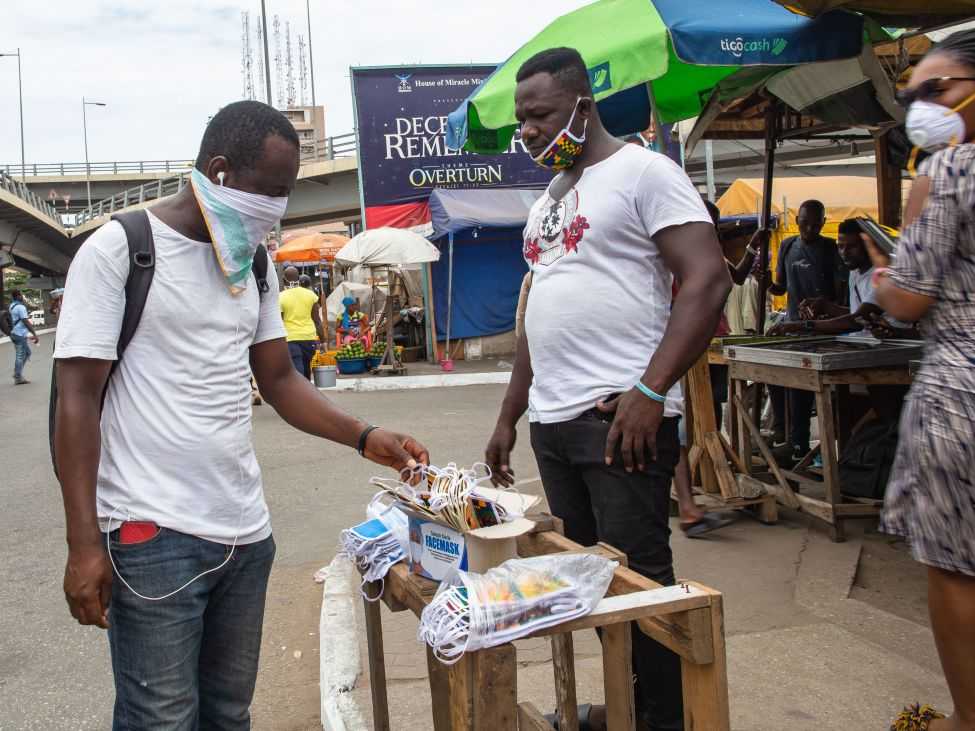“Covid Fatigue” of the urban poor in Ghana?
Researchers from the University of Ghana Business School and the Development Economics Group at ETH Zürich conducted phone surveys in low-income areas in Accra, Ghana, to find out how well COVID-19 prevention measures are followed.

COVID-19 has challenged many countries with well-financed health care systems, which has caused concerns about countries with fewer financial resources and public health infrastructure. Recognizing the limited capacity of medical services, Ghana imposed lockdown measures to enforce social distancing early in the pandemic, but lifted them after three weeks due to concerns about the worsening economic situation. Despite continued prevention efforts, Ghana has among the highest national case rates in Africa.
To continue the measures needed to flatten a second COVID-19 wave it is important to understand how much the population knows about and utilizes prevention measures, and how they view government efforts during the pandemic. Researchers from the University of Ghana Business School and the Development Economics Group at ETH Zurich conducted phone surveys of over 1,000 citizens in 18 low-income areas in Accra—first during the early April lockdown and again in August 2020—to find answers to these questions.
Support of government actions
The survey finds that six months into the pandemic, the urban poor are experiencing “Covid Fatigue”, reporting less knowledge about the virus and lower observance of social distancing measures. However, hygienic behavior has improved over time, in part because of government policies. Most respondents support government actions and emphasize the importance of government to enforce social distancing. It will be important for citizens in Ghana to overcome the “Covid Fatigue” and continue to follow effective protective measures in order to curb contagion in 2021.
Download Continue reading (PDF, 732 KB)